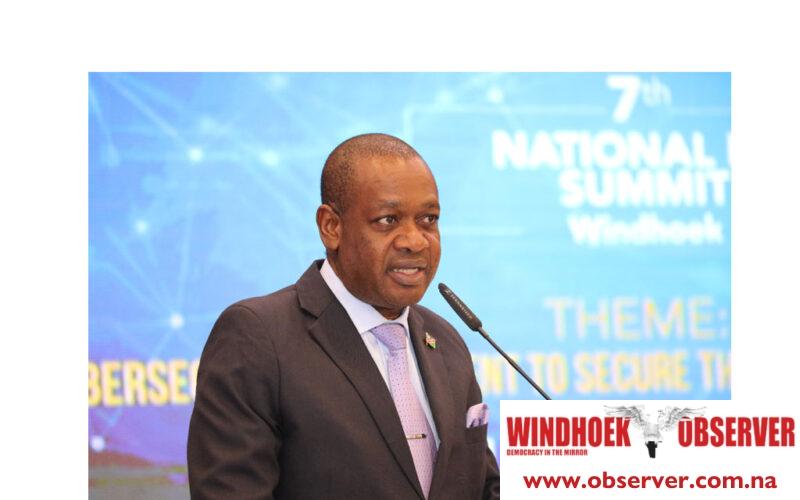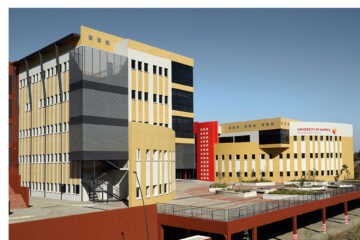Niël Terblanché
As Namibia and Botswana join forces to improve regional communication, the initiative to reduce roaming rates reflects the commitment of both countries to foster stronger ties, bridging gaps, and ensuring that digital connectivity is a driving force for development and growth in the Southern African Development Community (SADC).
The governments of Namibia and Botswana in an effort to enhance connectivity and foster regional integration within the (SADC), have jointly announced plans to introduce lowered roaming rates.
This initiative, effective from 1 April 2024, aims to promote seamless communication across borders and aligns with the Single Digital Market project.
During an official meeting held in Windhoek last week, Dr Peya Mushelenga, Namibia’s Minister of Information and Communication Technology, and Thulagano Segokgo, Botswana’s Minister of Communications, Knowledge, and Technology, reaffirmed their commitment to driving digital cooperation between the two nations.
Both ministers expressed their dedication to fast-tracking the harmonization of roaming charges within the SADC region, in line with the cost-based roaming project established by SADC ministers responsible for Information and Communications in June 2023.
Recognizing the pivotal role of mobile telecommunication services in promoting regional trade and integration, they stressed the importance of collaboration between Namibia’s Communications Regulatory Authority and Botswana’s Communications Regulatory Authority.
To reduce roaming charges between the two countries, both Mobile Network Operators and the regulatory authorities will work together to develop a comprehensive framework.
As part of this initiative, a Joint Technical Committee has been formed by the two communication bodies.
Operators have already been formally informed about the decision to lower charges, and an extensive data collection process is underway to facilitate the implementation of the revised rates.
The anticipated implementation of the new roaming rates is expected to bring benefits to both citizens and businesses, making communication services more accessible and affordable within the SADC community.




